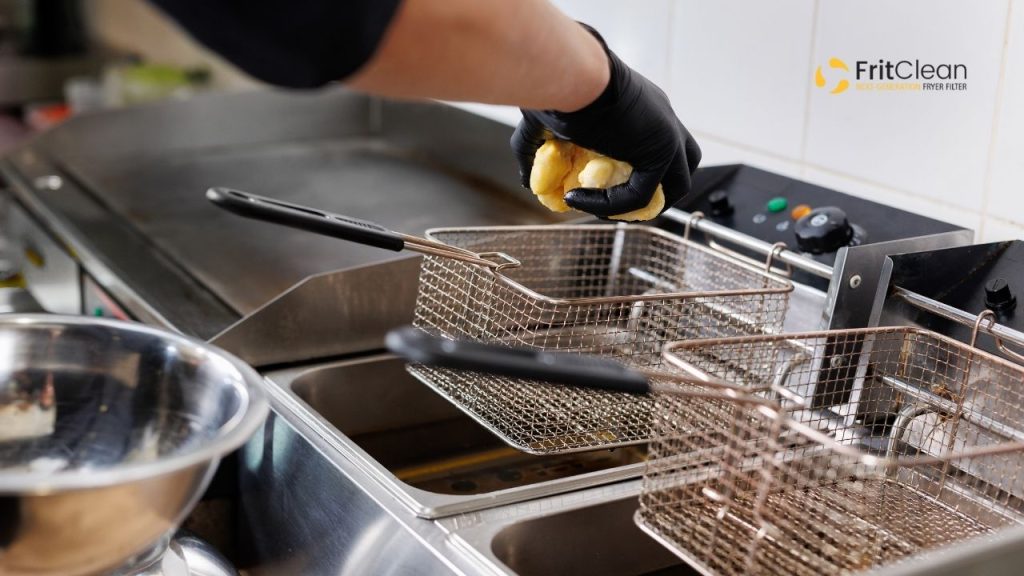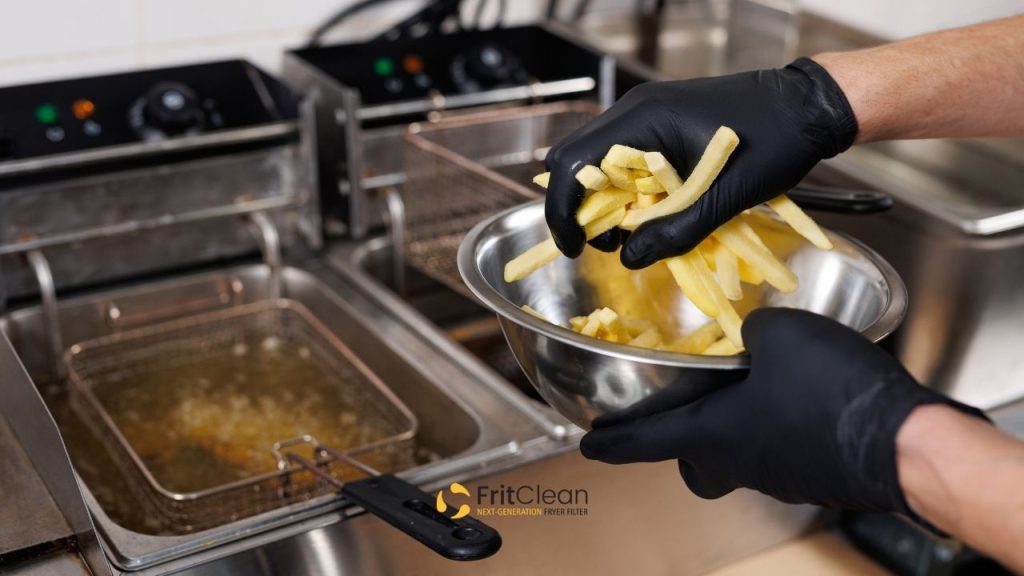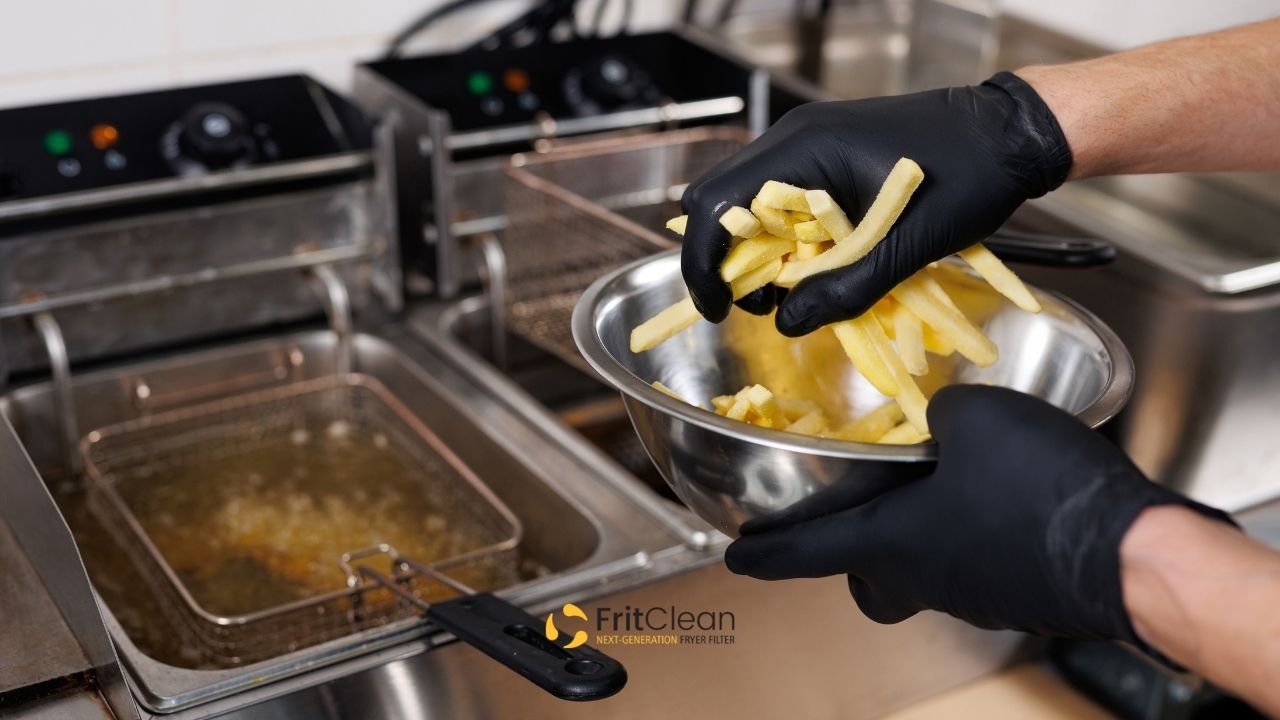Maximizing Kitchen Efficiency with a Filter Kitchen System
In professional kitchens, maintaining a clean and safe environment is essential. A well-maintained filter system plays a crucial role in keeping the kitchen air clean and free from harmful contaminants. During daily cooking operations, grease, smoke, and food particles are produced, which can affect both air quality and equipment performance. Without an effective filter system, these pollutants can accumulate in the kitchen, potentially leading to safety hazards and inefficient operations.
A filter system helps capture airborne grease and particles, ensuring they don’t clog vents, cooking appliances, or ventilation ducts. This results in better airflow, reduced fire risk, and improved safety in the kitchen. Proper filtration also keeps kitchen equipment running smoothly, preventing excessive buildup of grease and other residues that can damage appliances over time. A clean environment contributes to better working conditions for staff and a more efficient cooking process.

Benefits of Having a Filter System in the Kitchen
The benefits of a filter system extend beyond improving air quality. It also plays a significant role in enhancing the overall kitchen environment. Clean air in the kitchen reduces the risk of respiratory issues for kitchen staff. As grease and smoke are trapped and filtered, they are not allowed to accumulate in the air or on surfaces, making the kitchen healthier for employees who spend long hours in a high-heat environment.
In addition to improving air quality, a filter system helps reduce unpleasant cooking odors that can spread throughout the kitchen and dining area. The presence of lingering smells from oils, frying, or grilling can affect the dining experience, especially in open kitchens. A well-functioning filter system helps eliminate these odors, ensuring the kitchen remains fresh and odor-free, which is beneficial for both staff and guests.

Cost Efficiency and Maintenance of Filter Systems
Investing in a filter system can lead to significant cost savings over time. By preventing grease buildup and improving airflow, these systems reduce the need for frequent deep cleaning of kitchen equipment and ventilation ducts. The system also helps reduce maintenance costs by protecting kitchen appliances from the harmful effects of grease and debris buildup. With cleaner equipment, kitchens can avoid costly repairs and replacements.
Moreover, the efficiency of the ventilation system improves with a filter system, reducing energy costs. When grease and particles are allowed to build up in ducts, the ventilation system has to work harder, consuming more energy. A filter system ensures that the system operates efficiently, lowering energy consumption and helping reduce long-term utility bills. Regular maintenance of the filter system, such as cleaning or replacing filters, is a small investment compared to the potential savings in repair costs, energy, and cleaning services.
A filter system is a valuable investment for any commercial kitchen. It improves air quality, enhances safety, reduces maintenance costs, and helps maintain an efficient kitchen operation. Regularly maintaining the system ensures its long-term effectiveness, contributing to a healthier and more cost-efficient environment.
